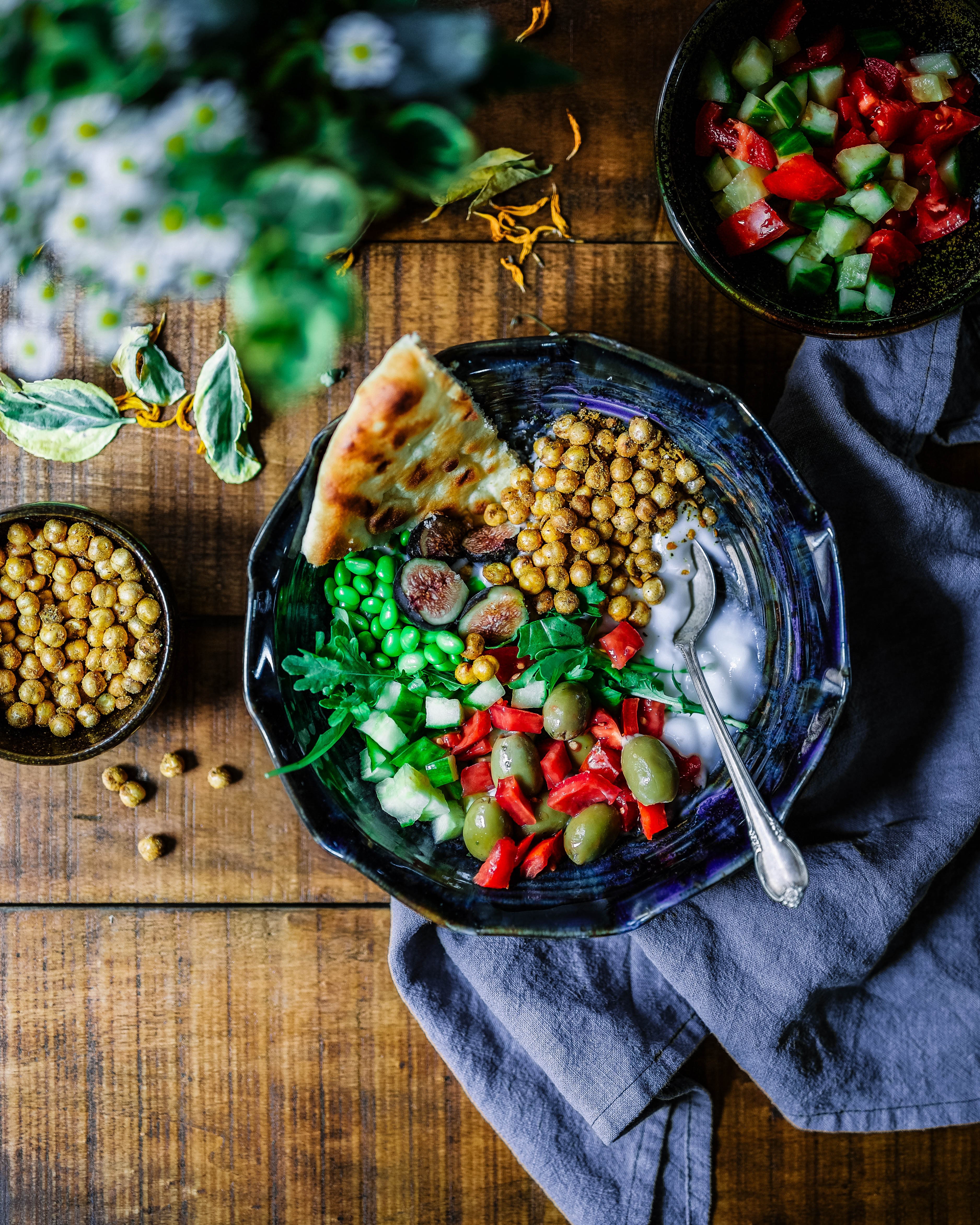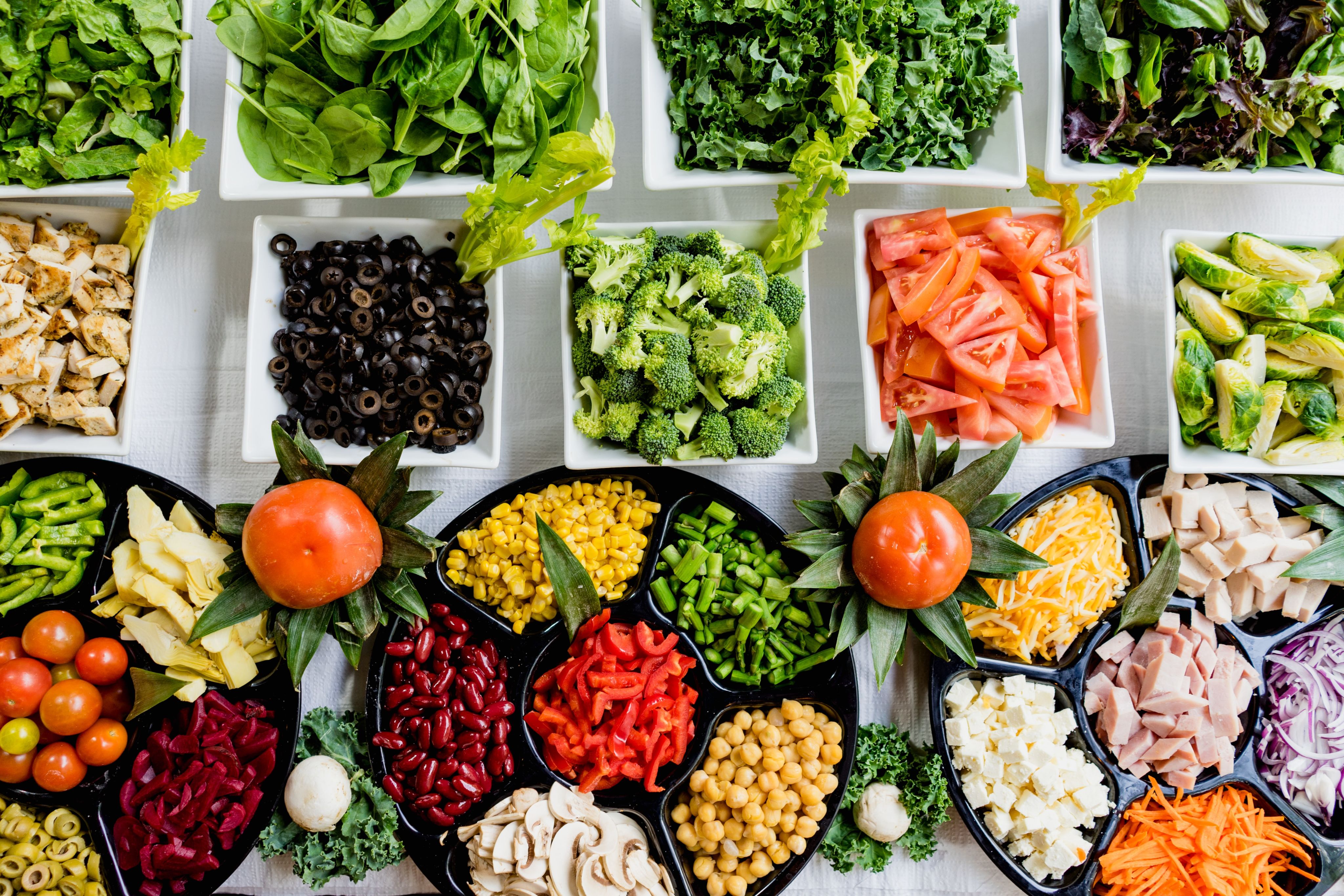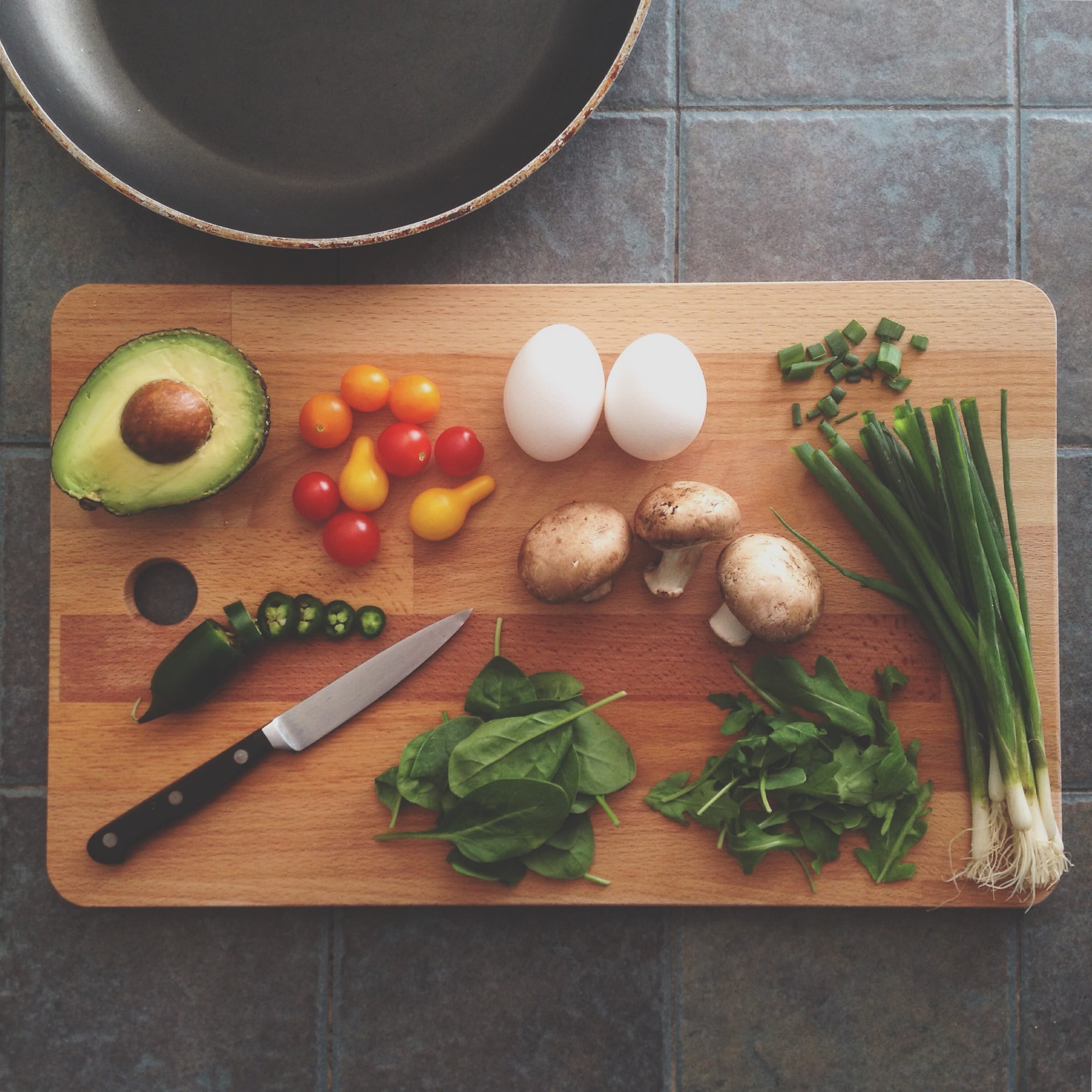Food Waste Management in the Kitchen: Reducing, Reusing and Recycling for a Sustainable Future

In kitchens all around the world, from fine-dining restaurants to home cooktops, food waste is a growing problem. According to the Food and Agriculture Organization (FAO), one-third of all food produced globally is wasted. That’s not just a waste of money. It’s a waste of resources, energy and effort.
But the good news? Chefs and culinary students are stepping up to make a difference. Through smarter practices in reducing, reusing and recycling, the culinary industry is helping build a more sustainable future.
At the forefront of this movement in Malaysia is Reliance College, whose Diploma in Culinary Arts prepares students to be environmentally responsible professionals from the very start of their careers.
Why Food Waste Matters
When food goes to waste, it’s not just the food that’s lost. It also wastes:
- Water used to grow and process ingredients
- Fuel used for transportation
- Labour and energy spent in harvesting and packaging
- Money spent on buying and preparing the food
Worse yet, when food waste ends up in landfills, it releases methane, a powerful greenhouse gas that contributes to climate change.
In short, reducing food waste isn’t just good for your wallet. It’s essential for the planet.
The 3 R's of Food Waste Management in the Kitchen
1. Reduce: Buy Smart, Cook Smart
Reducing waste starts with smart planning. Professional kitchens and culinary students are taught to manage inventory carefully, ensuring they only order what’s needed and use it in time.
Some effective techniques include:
- Menu planning: Design meals based on what’s in season and in stock.
- Portion control: Serve the right amount so nothing is left uneaten.
- Use-it-all cooking: Create recipes that use every part of an ingredient (like beet leaves, fish bones or citrus peels).
At Reliance College, students are taught to think about efficiency and resourcefulness in every recipe. It’s about maximising flavor and minimising waste.
2. Reuse: Turn Leftovers into Creativity
Great chefs don’t throw things away, they reinvent them. Reusing food is an art that not only saves money but often leads to delicious results.
For example:
- Day-old bread becomes croutons, bread pudding or breadcrumbs.
- Vegetable trimmings become flavourful stocks and soups.
- Roast chicken leftovers become filling for wraps, pies or sandwiches.
- Fruit peels or rinds can be candied or infused into syrups.
In Reliance College's training kitchen, students are encouraged to think creatively about leftovers, learning how to turn what might seem like waste into gourmet-level dishes.
3. Recycle: Compost and Responsible Disposal
Even with the best planning, some food waste is unavoidable. That’s where recycling comes in. Organic food scraps can be composted to create nutrient-rich soil instead of ending up in landfills.
Restaurants and culinary schools are increasingly partnering with local composting services or starting their own on-site compost bins. Food waste can also be separated and sent to facilities that turn it into biofuel or animal feed.
Reliance College educates students on waste separation techniques, encouraging responsible habits that extend beyond the kitchen into daily life.
Teaching Sustainability: Reliance College Leads by Example
Sustainability is woven into the Diploma in Culinary Arts program at Reliance College. Students aren’t just taught how to cook, they learn how to cook consciously and responsibly.
Some highlights of the program include:
- Sustainable Kitchen Practices: Modules that cover inventory control, zero-waste cooking and ethical sourcing
- Hands-On Experience: Students apply waste-reduction strategies in real-time during training and events.
- Community Projects: Through outreach initiatives, students help reduce food waste in the community by partnering with NGOs and local charities.
This practical and values-based approach ensures graduates leave not just as chefs, but as responsible culinary leaders.
The Global Push for Waste-Free Kitchens
All around the world, chefs and restaurants are joining the fight against food waste. Examples include:
- Blue Hill (USA): Chef Dan Barber runs zero-waste pop-ups using food scraps from farms and suppliers.
- Nolla (Finland): One of the world’s first zero-waste restaurants, where every ingredient is carefully tracked.
- Too Good To Go (Global App): Connects users to local eateries with surplus food at discounted prices.
These global trends reflect the direction the industry is heading, and Reliance College is helping Malaysia’s young chefs stay ahead of the curve.
Food waste is a challenge, but it’s also an opportunity. With the right training and mindset, kitchens can become centers of sustainability, creativity and responsibility.
The Diploma in Culinary Arts offered by Reliance College empowers students with the knowledge and tools to reduce, reuse and recycle food waste in ways that are both practical and impactful. As future chefs, entrepreneurs or hospitality leaders, graduates will carry these lessons into their careers, helping build a healthier, greener food system for all.
Because when it comes to food, nothing should go to waste, not even the chance to do better.
References
FAO. “Food Loss and Food Waste.” https://www.fao.org
Reliance College. Diploma in Culinary Arts Course Modules. https://www.reliance.edu.my/courses/diploma-in-culinary-arts/
Too Good To Go. “About Our Mission.” https://toogoodtogo.com
Sustainable Restaurant Association. “How Restaurants Can Reduce Waste.” https://thesra.org
Blue Hill at Stone Barns. “WastED Pop-Up Project.” https://www.bluehillfarm.com



